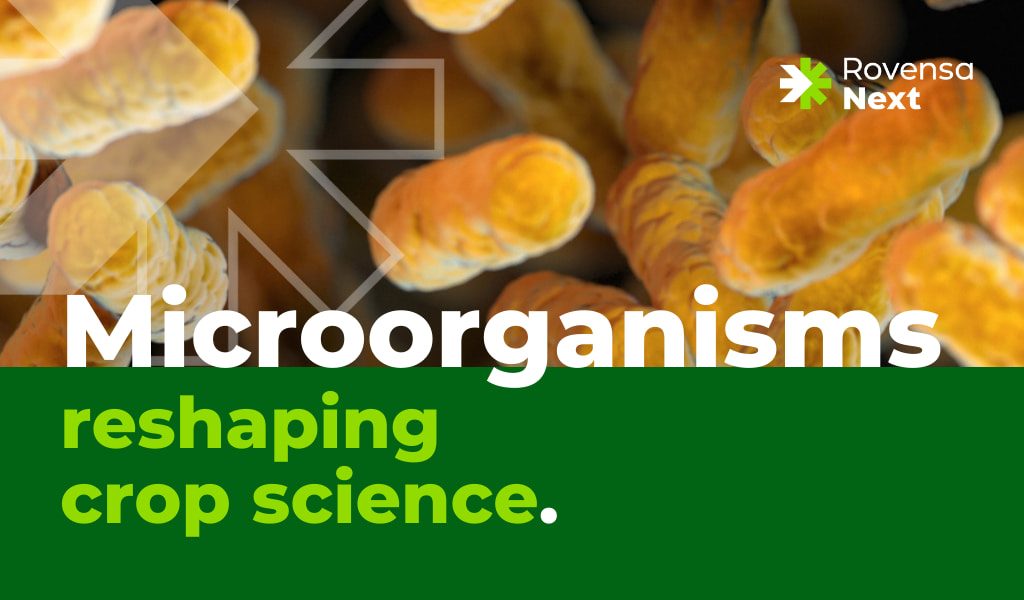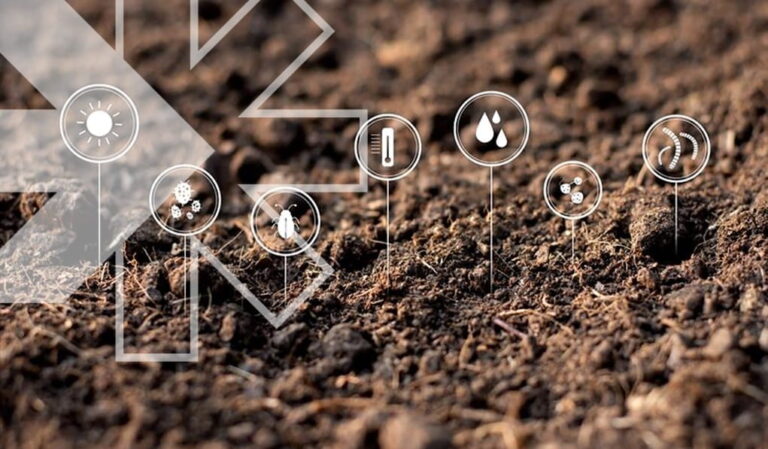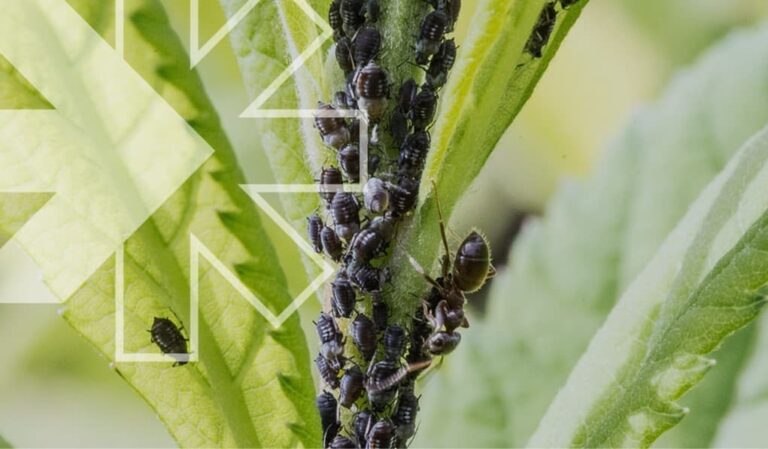What are microorganisms in agriculture and why are they a cornerstone for best agricultural practices?
Microorganisms in agriculture serve as the cornerstone for implementing the best agricultural practices. They play a key role in promoting sustainability and effectiveness across various aspects of farming. From solutions of biofertilizers to biocontrol, microorganisms demonstrate a harmonious integration with agricultural practices. They play a crucial role by contributing to soil health, nutrient cycling, plant growth, and overall ecosystem balance.
As agriculture evolves towards more environmentally conscious methods, microorganisms become pivotal agents of change, extending their influence beyond mere productivity to encompass environmental respect. By prioritizing the integration of microorganisms into agricultural systems, we lay the foundation for a more productive, resilient, and environmentally friendly future, bridging the gap between human needs and environmental preservation.
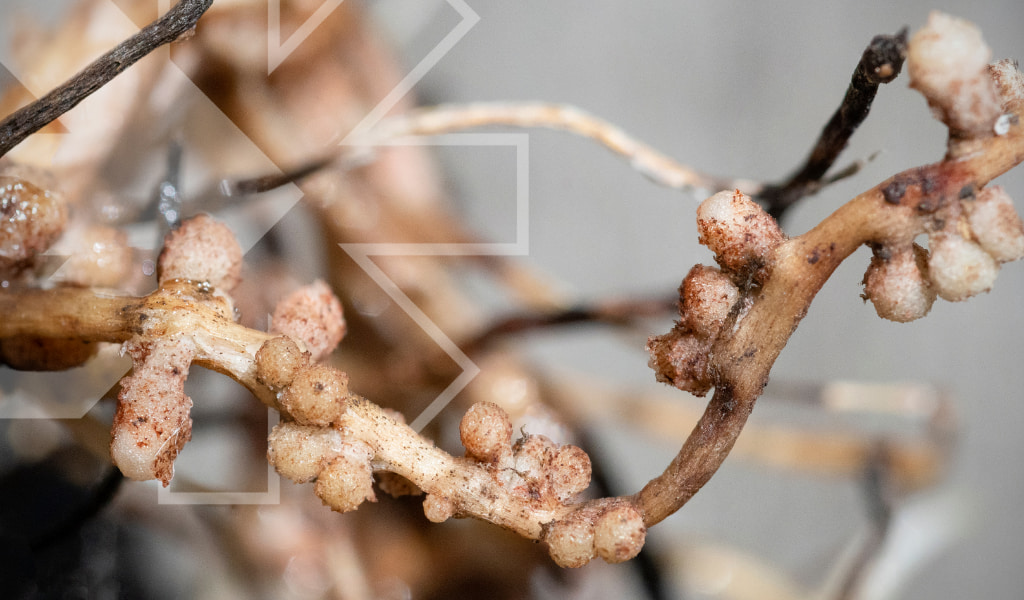
What types of Microbial-Based Solutions are transforming modern agriculture?
From pest control to improving plant nutrition and soil quality, microorganisms are emerging as essential allies in modern agriculture. Microbial-based solutions developed from bacteria, fungi, yeasts or viruses, offer farmers a natural and eco-friendly approach to optimize crop productivity while promoting long-term sustainability in agriculture.
Their potential is a fascinating field of research and innovation in its different areas:
-
Biofertilizers:
Based on living microorganisms (e.g. bacteria, fungi, etc.), the biofertilizers exhibits beneficial properties towards plant growth and development, contributing to soil fertility, nutrient cycling, and overall plant health and growth. Unlike chemical fertilizers that directly provide nutrients to plants, biofertilizers work indirectly by promoting natural processes in the soil-plant system.
Biofertilizers contribute to reduce chemical fertilizers dependency and reduce carbon footprint by replacing synthetic N fertilizers with N-fixing bacteria, improving crop nutrient use efficiency, and supporting improvements in soil structure and soil biodiversity.
-
Biological Pest Control:
Beneficial microorganisms emerge as powerful solutions for insect or disease control. Acting as biocontrol agents, some Bacillus strains serve as a natural shield against insects, Trichoderma fungi combat plant pathogens, and predatory nematodes keep soil-dwelling pests in check.
This dynamic trio exemplifies the crucial role microorganisms play in fostering a resilient agricultural landscape. These are just a selection of examples of the broad spectrum of microbials that can serve as powerful allies in integrated pest management strategies.
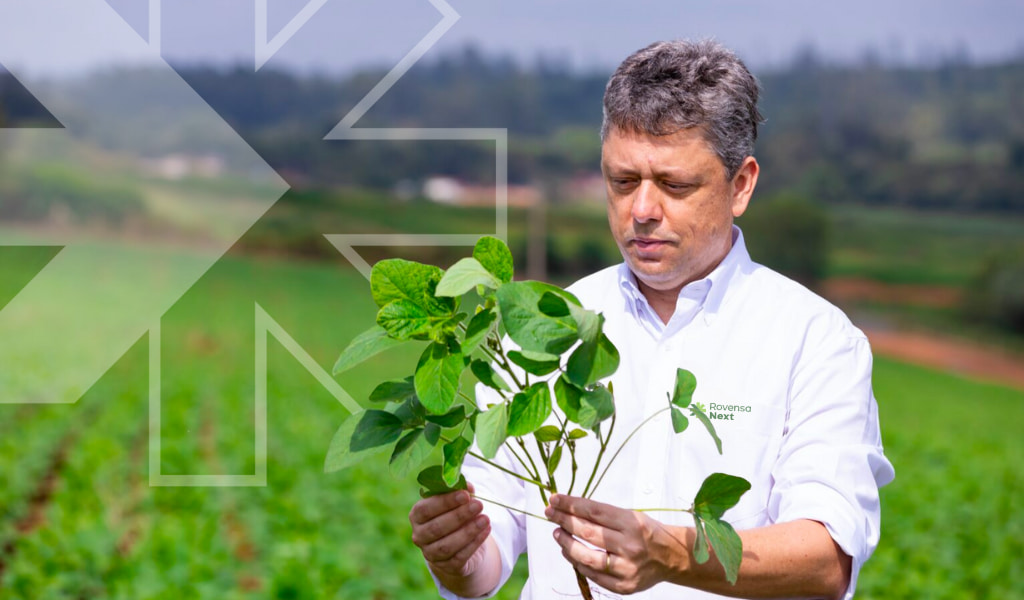
Driving forces in the biofertilizers market: key factors and trends
The biofertilizers market is expected to experience a robust annual growth of 15.0% between 2021 and 2027 driven by several key factorsi:
- Increasing agricultural productivity to meet rising food and feed demands.
- Addressing the scarcity of conventional energy sources by seeking alternative solutions in agriculture.
- Ensuring the availability of affordable minerals to sustain agricultural operations.
- Policy makers’ focus on environmental concerns of fertilizer run-off, including over-fertilization, soil mining, and greenhouse gas emissions.
Biocontrol microbials: the key for sustainable integrated pest management
¿Did you know that Biocontrol constitutes more than 80% of the biosolutions market?ii In fact, microbials represent the largest group within biocontrol agents, with bacteria being the most prominent.
These agents offer a sustainable alternative to conventional agriculture, functioning through various modes of action such as competition, antibiosis, parasitism, predation, and inducing plant resistance. Not only do they pose a low risk to the environment and human health, but they also enhance the performance of crops.
Microbials are primarily utilized as fungicides, insecticides, and nematicides, contributing significantly to the biocontrol market which accounts for 10% of the total crop protection sectorii. Their shelf-life and stability are crucial for efficacy, marking a steady growth in the market and highlighting their essential role in a more sustainable model of agriculture.
Rovensa Next’s pragmatic vision for sustainability through Microbial-Based Solutions
Rovensa Next’s addresses both the environmental impacts of conventional fertilization techniques and implementing biocontrol strategies for pest management.
Microbial-Based solutions are the sustainable choice to preserve soil vitality, improve nutrient balance, avoid water pollution and soil erosion, reduce greenhouse gas emissions while caring for biodiversity.
Additionally, by employing Microbial-Based Solutions for biocontrol, such as natural enemies of pests or microorganisms that enhance plant immunity, Rovensa Next aims to mitigate these environmental challenges while ensuring sustainable agricultural practices.
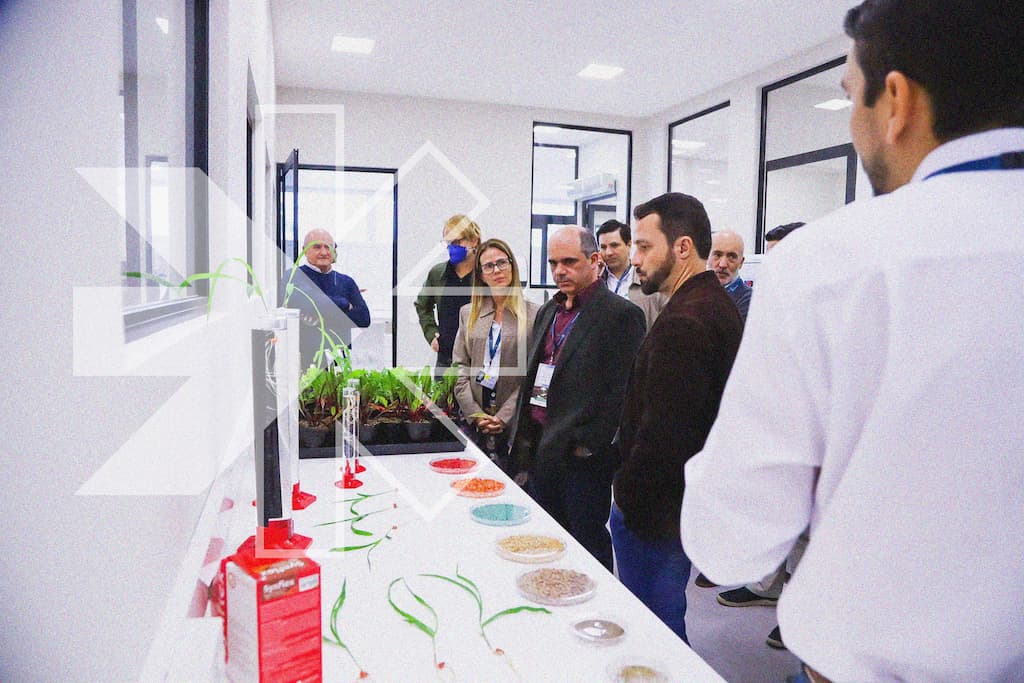
This environmental toll highlights the urgency for a paradigm shift in agriculture for a greener future towards more sustainable alternatives.
In this pursuit of sustainable agriculture, Rovensa Next, as a dynamic biosolutions business unit within the Rovensa Group, operates a research centre in Brazil dedicated to the latest advancements in agriculture, with a primary focus on microorganisms.
Through this strategic approach, Rovensa Next is paving the way for a more environmentally conscious and productive future in agriculture, ensuring that innovative solutions rooted in microbial-based technologies drive progress towards sustainability.
* Rovensa Next is a global business unit that delivers solutions for agriculture around the globe. The information shared here may vary depending on your location. Please contact us using our Contact form to confirm whether the product is available in your country, or should you have any queries or require any additional information. Thank you.
i. DunhamTrimmer Global Biofertilizer Market, 2022
ii. 2023 DunhamTrimmer Global Biocontrol Report

